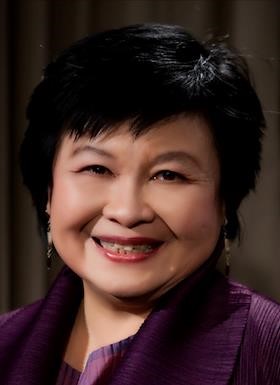High-Level Dialogue: ICTs for Developing Countries (and LDCs)
ITU/UN Technology Bank for Least Developed Countries
Session 436
Connectivity has become a critical component to the socio-economic development yet of the 2.9 billion people who remain offline globally, a significant proportion live in the LDCs. In terms of internet access, the LDCs have a usage gap of 56% and a coverage gap of –17%. The International Bank for Reconstruction and Development & World Bank reports state that the lack of access to the internet is in part due to insufficient hard infrastructure such as the ‘3G Coverage Gap’ [1]and electricity access[2], with only 33% of the population in LDCs living within 10km of national backbone fiber. Other factors that compound this digital exclusion are the gender divide[3] and low skill and literacy levels. Financing and affordability are further fundamental elements to consider here. Currently for example, -3.5% of overall VC investments go towards LDCs. This complex interplay of causation has been further complicated by the significant decreases in GDP growth that LDCs have experienced since the beginning of the Covid-19 pandemic.
The session will address the questions below
- What is the COVID-19 impact on ICTs and development in LDCs?
- How can LDCs have access to meaningful connectivity?
- How can LDCs as address the increasing digital skills gap, , affordability or last mile coverage (LMC)?
- Gender inequality has been increased in LDCs, how can the international community support LDCs to address the challenge?
[1] ‘3G coverage gap’ – those living outside areas covered by mobile broadband networks – now refers to 600 million people or 7 per cent of the world population (Bahia & Delaporte, 2020)22.
[2] 10 per cent of the global population do not have access to electricity (International Bank for Reconstruction and Development & World Bank, 2019)
[3] The Gender Inequality Index (GII) is around 0/62 in LDCs, significantly higher than the benchmark of 1.0
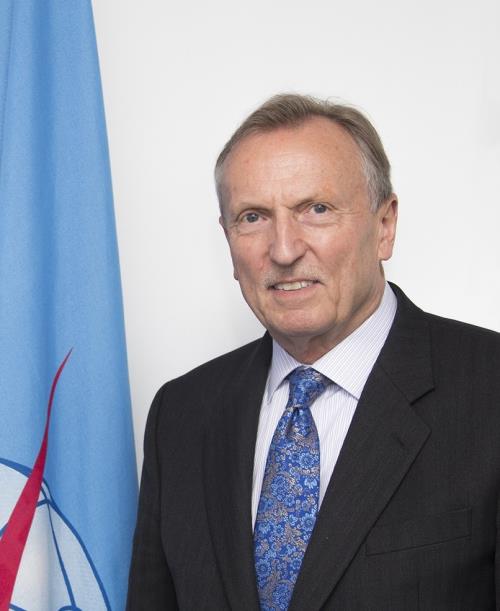
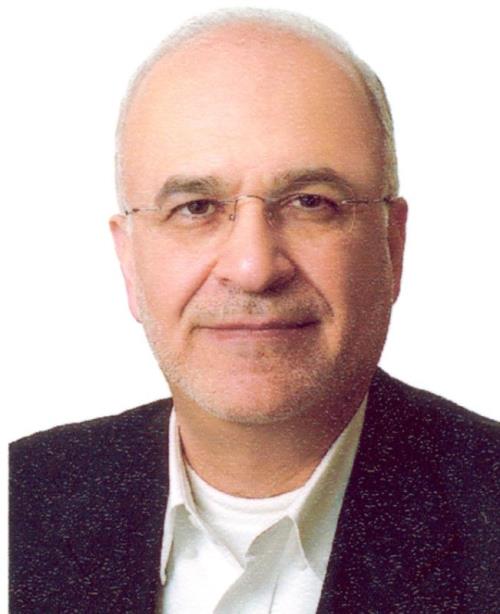
Prof. Ahmad R. Sharafat is Senior Advisor to the Minister of Communications and Information Technology in Iran; Professor of Electrical and Computer Engineering at Tarbiat Modares University, Tehran, Iran; Member of the Iranian Academy of Sciences; and Chairman of ITU-D Study Group 2. He received his B.Sc. degree from Sharif University of Technology, Tehran, Iran, and his M.Sc. and his Ph.D. degrees both from Stanford University, Stanford, California, all in Electrical Engineering in 1975, 1976, and 1981, respectively. He has been active in specialized international organizations in the field of telecommunications and information technology, and in particular, the International Telecommunication Union (ITU) and Asia Pacific Telecommunity (APT). He has published extensively in scientific scholarly refereed journals, has numerous presentations to international conferences, has co-authored four books, and has eleven patents.
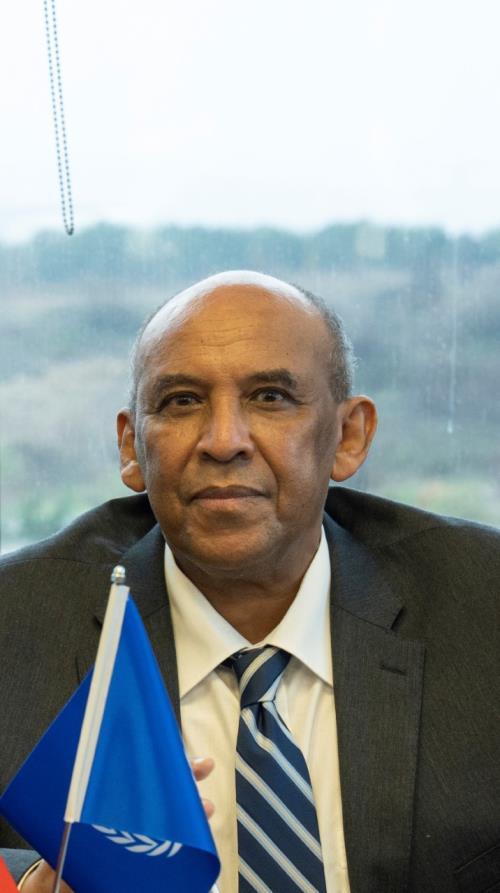
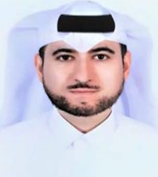
Dr. Khalid have been involved in leading many programs and projects initiatives for more than 15 years locally and internationally.
In 2020, he been appointed to be the Director of Information Systems & Advisor of President Office at the Planning & Statistics Authority.
In 2017, he led the advancement of knowledge systems as a Director of Knowledge and Innovation Systems at Qatar Foundation Research & Development.
In 2016, he earned from Massachusetts Institute of Technology (MIT - in United States of America) the highest Executive Education Certificate named “The Advanced Certificate for Executives in Management, Innovation, & Technology”.
In 2013, he led a unique project at Massachusetts Institute of Technology (MIT) as a Visiting Scholar and Director of the Science, Technology and Innovation project.
As from 2008 to 2013, he managed a huge national strategic initiative to advance human capacity in Qatar by being a Director of funding programs at Qatar National Research Fund (QNRF) - member of Qatar Foundation.
Dr. Khalid earned his PhD degree from United Kingdom, and his interested work topics related to: Information Technology and Systems, Data Governance, informatics, knowledge Management, EGovernment Solutions, Strategic Planning and Leadership, Research, Development and Innovation.
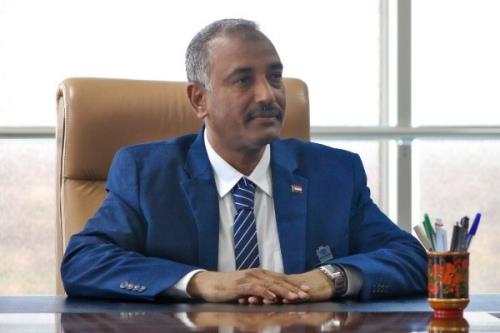
Dr. Elsadig graduated with the honors B.sc in Computer Engineering and master’s degree in Computer and Network Engineering in 2001 and 2005 respectively. In 2015, he got his PhD in electrical engineering from Karary university, Sudan.
Dr Elsadig has more than 20 years experiences both at technical and teaching fields and areas of Telecommunications Signals, GIS, Data Communication, Computer Engineering and Network Security.
In June, 2019, he joined the Telecommunications and Post Regulatory Authority of Sudan (TPRA) as Director General and leading development of ICTs regulations in Sudan with focus on have a fair competitive market, ICTs QoS/OoE, meaningful connectivity and affordable ICTs services for the people of Sudan. He is also leading Sudan Digital Transformation journey.
His current interests are in the broad areas of Digital Transformation, Universal Service Access and Services, Digital Government, Connectivity and economic impact of emerging technologies.
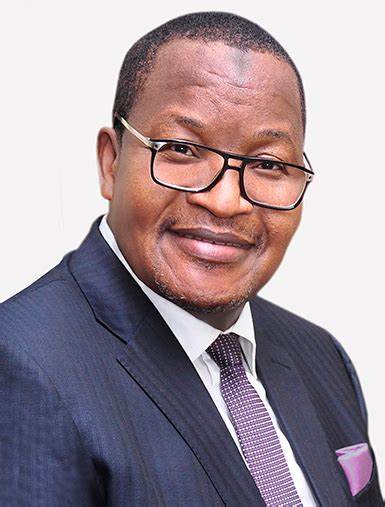
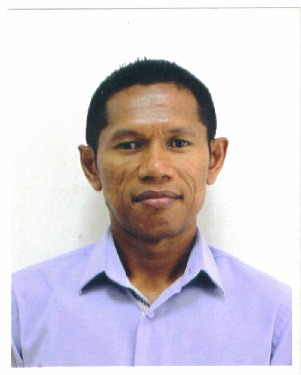
Mr. João O. Freitas received his Bachelor of Engineering degree in Electrical and Electronics from the Atma Jaya Catholic University in Jakarta, Indonesia in 2009. He also received a Master of Engineering in Telecommunications from the University of Melbourne, Australia in 2012.
Prior to joining the National Communications Authority (ANC) of Timor-Leste, he had worked as Engineer and Consultant with several institutions including SingTel Optus Australia as an Associate Network Engineer (in an internship program), as an ICT Consultant with the Ministry of Transport and Communications of Timor-Leste, and as an Information System Manager at the Australian Embassy and later at the US Embassy in Timor-Leste.
Mr. Freitas joined the ANC in 2015. He first served as the Executive Technical Director for Sector Regulation and has sat on its Board of Directors since early of 2015. He has served as the Chairman and President of the Board of Directors of the ANC since December 2018.
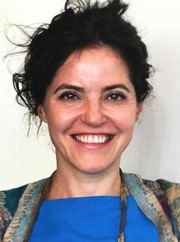
Dr Alarcos Cieza in Unit Head, Sensory Functions, Disability and Rehabilitation. In this role, she provides strategic leadership, management support and overall direction to WHO’s work on disability, eye care, hearing care, and rehabilitation. Prior to joining WHO in September 2014, she served as Chair and Professor of Medical Psychology at the Faculty of Social and Human Sciences at the University of Southampton in the United Kingdom and led a research unit for over ten years at the Department of Physical Medicine and Rehabilitation and then at the Pettenkofer School of Public Health at the Ludwig-Maximilians-University, Munich, Germany.
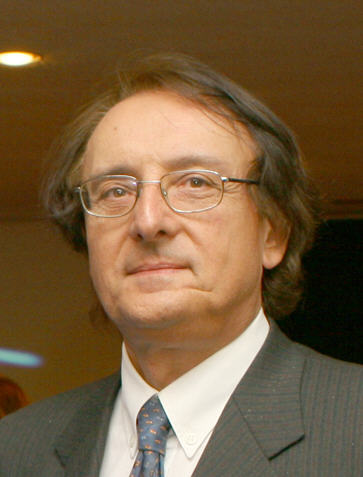
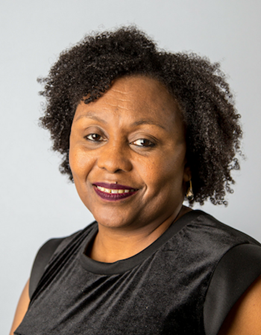
Leads the multi-stakeholder engagement across Africa for the Alliance for Affordable Internet focusing on advancing good practices in policy and regulatory frameworks for affordable and meaningful access to broadband. She also convenes the Africa Summit on Women and Girls in Technology. She is also a doctoral student at the University of Illinois at Urbana-Champagne where she’s studying Global Education with research interests in digital inclusion.
Onica has managed and pioneered various national and international campaigns, policy change processes for women’s rights, civil rights, consumer rights, as well as media and digital transformation initiatives. She brings a strong sensitivity and unique perspective to the dynamics affecting women, and other disadvantaged populations.
